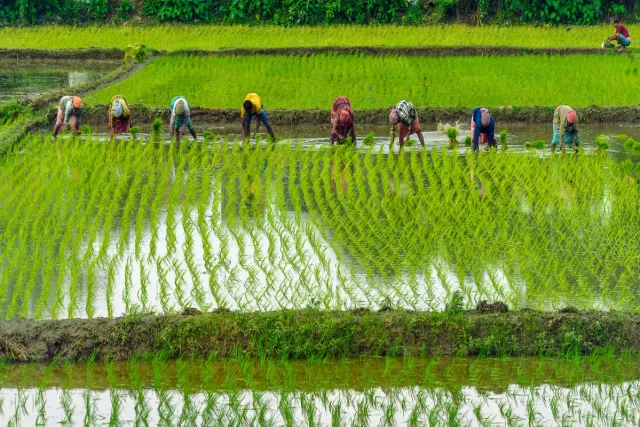Farmers’ unions, agricultural scientists, and civil society organizations across India have raised serious concerns over the Centre’s reported move to support amendments to the International Treaty on Plant Genetic Resources for Food and Agriculture (ITPGRFA). They warn that the proposed changes will dilute India’s sovereign rights over seeds, plants, and indigenous biodiversity, jeopardizing decades of progress in protecting farmers’ rights and national interests.

The opposition to these amendments has grown steadily, with activists alleging that the new provisions could enable multinational corporations greater access to India’s plant genetic resources without ensuring equitable benefit-sharing or legal safeguards.
What is the Plant Treaty?
The ITPGRFA, also known as the Plant Treaty, is a global agreement adopted in 2001 under the UN’s Food and Agriculture Organization (FAO). It aims to facilitate conservation, sustainable use, and fair sharing of benefits arising from the use of plant genetic resources, particularly for food and agriculture.
India ratified the treaty in 2002 and has since played a significant role in promoting the rights of traditional farmers and seed keepers under international frameworks.
Concerns Over Proposed Amendments
According to policy analysts and farmer advocacy groups, the amendments under consideration could:
-
Limit India’s control over the use and exchange of traditional seeds
-
Weaken national legislation such as the Protection of Plant Varieties and Farmers’ Rights (PPVFR) Act, 2001
-
Open doors to biopiracy, allowing commercial seed companies to access native crop varieties without mandatory benefit-sharing
-
Undermine the rights of indigenous communities who have historically conserved and developed plant diversity
Dr. Vandana Shiva, environmental activist and seed rights advocate, stated:
“These amendments will reverse years of policy progress and hand over control of our rich seed heritage to global corporate interests.”
Farmers’ Voices and Protests
Farmers’ organizations from states such as Punjab, Maharashtra, Tamil Nadu, and Odisha have issued joint statements urging the Indian government to resist any move that compromises national sovereignty over plant genetic resources. Several groups are planning nationwide awareness campaigns and mobilizations in the coming weeks.
A farmer leader from Vidarbha commented:
“Our traditional varieties are not commodities for global trade. They are our legacy, and we will not let anyone dilute our rights to save and share seeds.”
Government’s Position
While the Centre has not officially confirmed its support for the amendments, sources indicate that negotiations are ongoing ahead of the upcoming ITPGRFA Governing Body meeting. The government is reportedly evaluating legal and diplomatic implications and may seek a balance between international obligations and national interests.
The debate over the proposed amendments to the Plant Treaty has reignited broader concerns over seed sovereignty, indigenous rights, and the role of multinational corporations in agriculture. As discussions progress at the international level, stakeholders in India are urging the government to uphold its commitment to farmers and biodiversity by ensuring that any treaty changes do not compromise the country’s legal and ethical obligations to its people.




